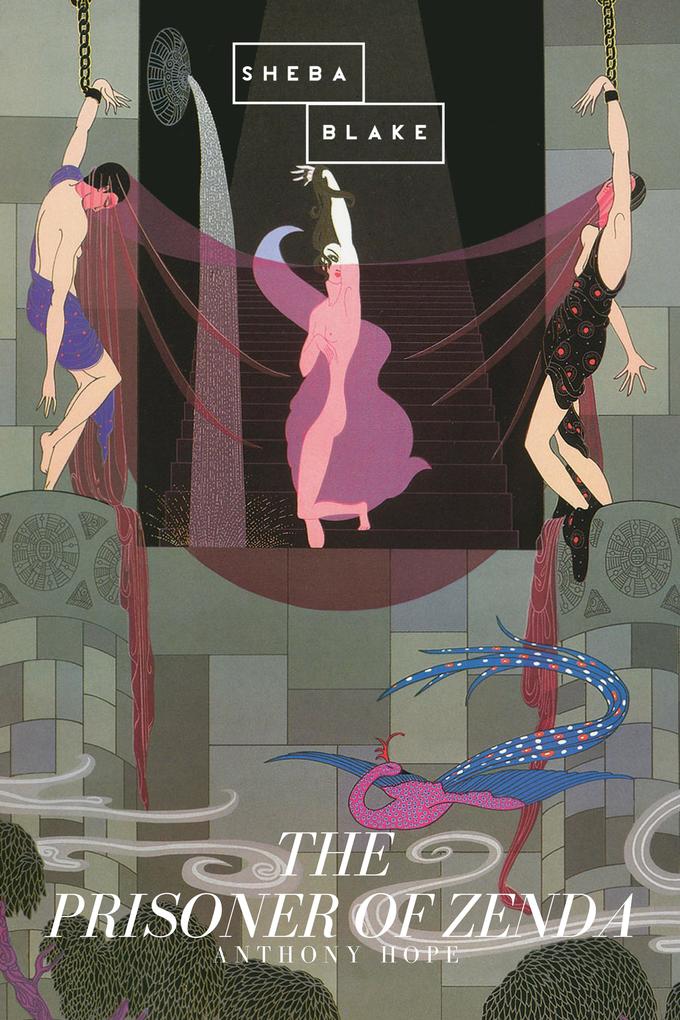
Sofort lieferbar (Download)
The Prisoner of Zenda, by Anthony Hope, is an adventure novel in which the King of Ruritania is drugged on the eve of his coronation and thus is unable to attend the ceremony. Political forces within the realm are such that, in order for the king to retain the crown, his coronation must proceed. Fortuitously, an English gentleman on holiday in Ruritania who resembles the monarch is persuaded to act as his political decoy in an effort to save the unstable political situation of the interregnum. The name of the villain in The Prisoner of Zenda, Rupert of Hentzau, is the title of the sequel novel, Rupert of Hentzau (1898), published four years later, and is included in some editions of The Prisoner of Zenda. The popularity of the novels inspired the Ruritanian romance genre of literature, film, and theatre that features stories set in a fictional country, usually in Central Europe and Eastern Europe, such as Ruritania, the Central European realm that named the genre, which includes the Graustark novels by George Barr McCutcheon. On the evening of the coronation of King Rudolf of Ruritania, his brother, Prince Michael, has him drugged. In a desperate attempt to deny Michael the excuse to claim the throne, Colonel Sapt and Fritz von Tarlenheim, attendants of the king, persuade his distant cousin Rudolf Rassendyll, an English visitor, to impersonate the King at the coronation. The unconscious king is abducted and imprisoned in a castle in the small town of Zenda. There are complications, plots, and counterplots, among them the schemes of Michael's mistress, Antoinette de Mauban, and those of his dashing but villainous henchman, Count Rupert of Hentzau. Rassendyll falls in love with Princess Flavia, the King's betrothed, but cannot tell her the truth. He determines to rescue the king and leads an attempt to enter the castle of Zenda. The king is rescued and is restored to his throne, but the lovers, in duty bound, must part.
Mehr aus dieser Reihe
Produktdetails
Erscheinungsdatum
19. Mai 2017
Sprache
englisch
Seitenanzahl
137
Dateigröße
0,30 MB
Altersempfehlung
ab 13 Jahre
Reihe
Cover to Cover
Autor/Autorin
Anthony Hope
Verlag/Hersteller
Originalsprache
englisch
Kopierschutz
mit Wasserzeichen versehen
Family Sharing
Ja
Produktart
EBOOK
Dateiformat
EPUB
ISBN
9783961898619
Entdecken Sie mehr
Bewertungen
0 Bewertungen
Es wurden noch keine Bewertungen abgegeben. Schreiben Sie die erste Bewertung zu "The Prisoner of Zenda" und helfen Sie damit anderen bei der Kaufentscheidung.

































